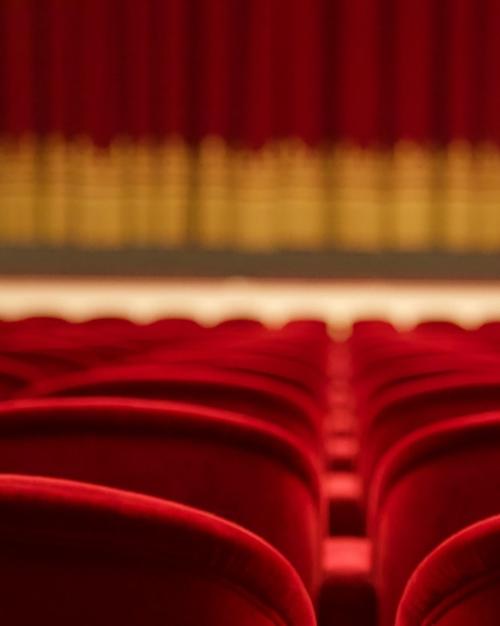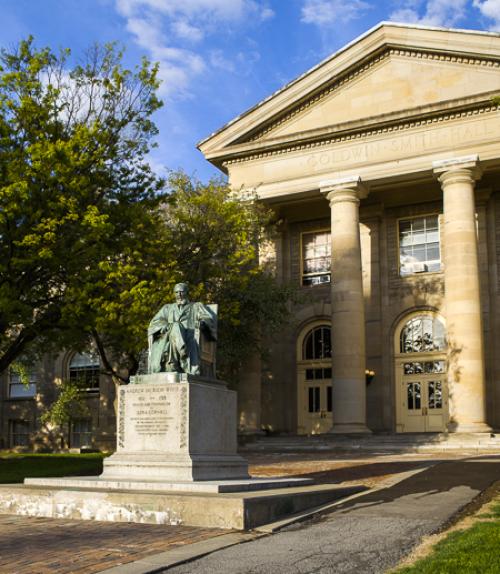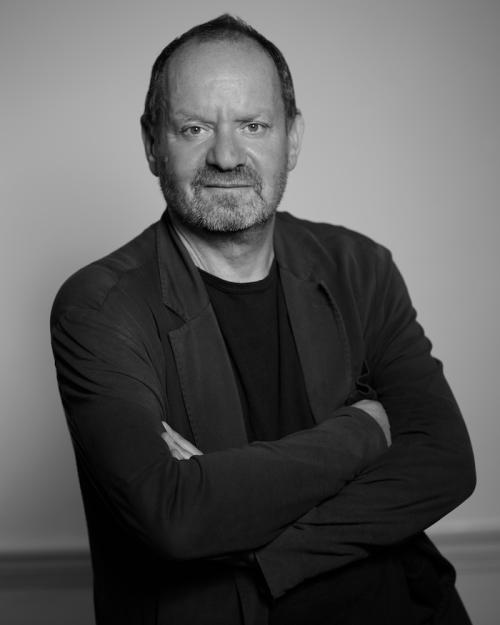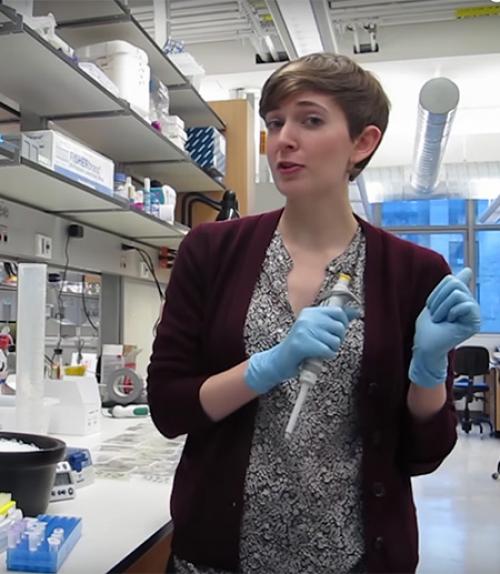Scientific explanations can at times feel dull and impenetrable, a frustration shared by anyone who has sat through a high school science lecture. But a group of Cornell alumni thinks communicating the joys of science can be exciting, and they've launched a YouTube series with the conviction that science can be edgy, informative and far from boring.
Created by Molly Edwards '12 (CALS), Silviana Russo '12 (A&S History, English) and Theo Wolf '13 (A&S College Scholar), the series "Science in Real Life" takes a lively look at the day-to-day life of a scientist, opening the doors of the laboratory to show how the actual doing of science is short on memorizing and long on discovery.
With quick-cut editing, pop-culture references and quirky humor – killer robots from the future, the handsomeness of certain fictional spies, and a stop-motion Tyrannosaurus Rex all provide comedic fodder in the pilot episode – the series promotes scientific literacy with a distinctive voice to appeal to a YouTube audience. The team tackles hard science by demonstrating intricate laboratory equipment and complex scientific concepts in an entertaining way, and all in about five minutes.
As YouTube has grown in stature as a reference tool for science, most content falls at two polar opposites: entertaining but overgeneralized videos on one end, to the dry and esoteric tutorials meant for fellow scientists on the other. Edwards saw that untapped middle ground as a vast potential audience, appealing to anyone with curiosity without requiring more than a high school education to grasp.
The vision of the project, Edwards says, is "to keep the levity and excitement but also provide really great scientific content."
To find that voice, she relied on the help of Cornell friends she first met living at Risley Hall. That included Wolf, who as a College Scholar in the College of Arts and Sciences chartered his own independent major, studying humor.
Wolf, who helped punch up the scripts while living in Los Angeles, at first found it unfathomable that he could provide anything meaningful to the series. "I loved her idea but wasn't sure what I could bring to the table given my complete lack of scientific vocabulary – and understanding in general," Wolf says.
What he offered instead was a fluency in humor and the irreverent tangents and pop-culture references that add a lighthearted touch to the scripts and science supplied by Edwards and Russo.
Getting to a finished five-minute product required many more hours of work, with Russo and Edwards doing much of the heavy lifting of script writing, booking guest scientists, scouting locations, filming and post-production.
With five complete episodes nearly finished and Aliana Heffernan '14 recently joining the team as a digital marketing specialist, the Cornell cast and crew are hopeful their work can find an audience. The team expects to start work soon on a second season.
This article originally appeared in Ezra Magazine.




